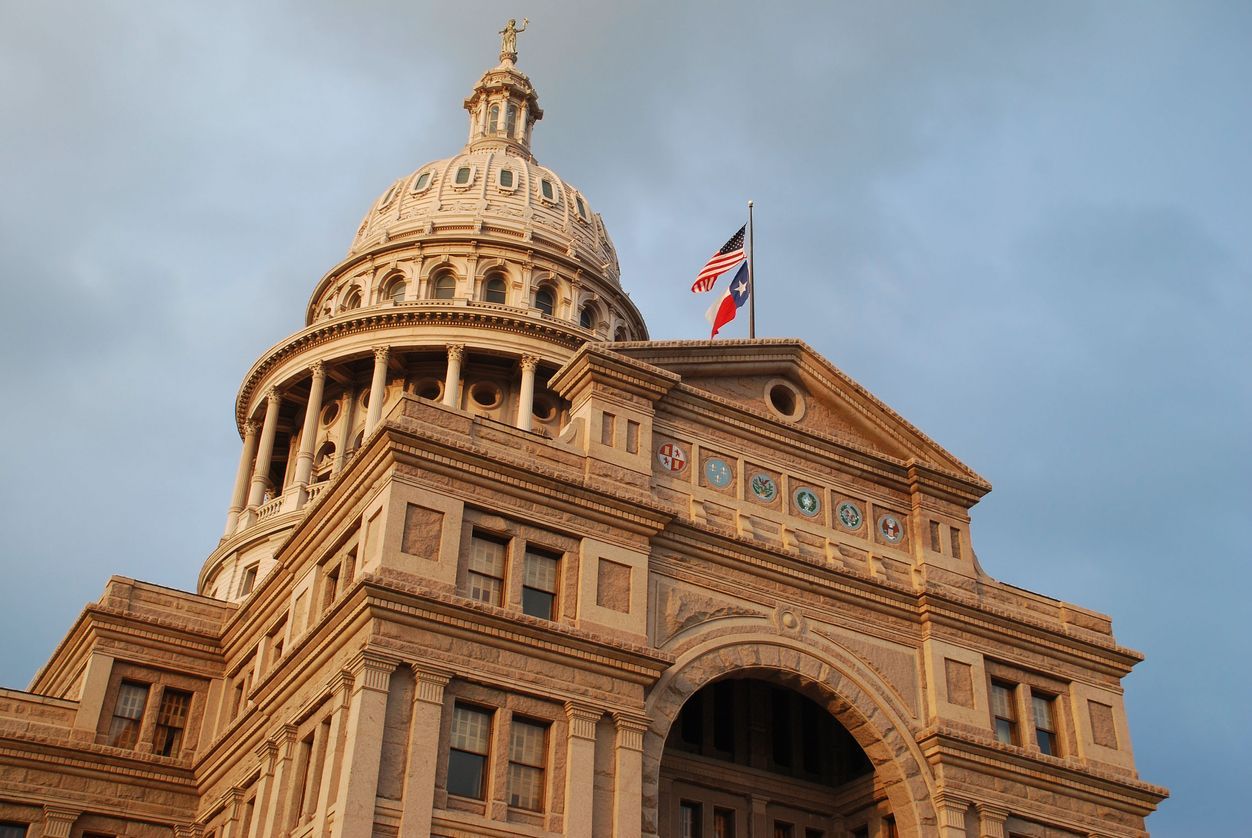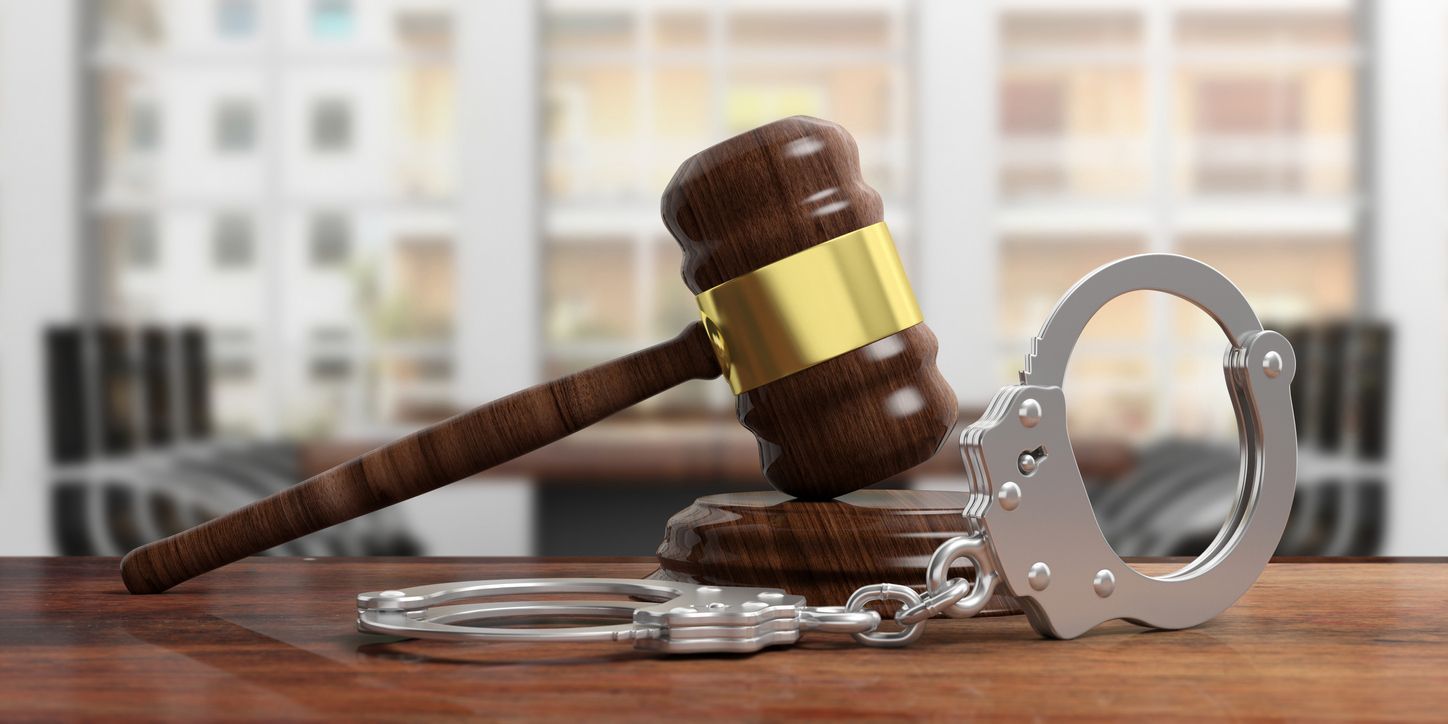Bail Bonds & Social Distancing
Navigating Bail Bonds Amid Social Distancing Guidelines
In today's world, social distancing is extremely important. So, how do you secure a bail bond while abiding by the rules?
Here at Action Bail Bonds, we have always offered various ways to obtain or pay for a bail bond. In these times of pandemic-related social distancing, we invite you to take one of the following avenues.
Phone Call
Perhaps the easiest way to get in contact with our bail bond agents is to give us a call! Regardless of your situation, we are able to conduct the entire bail bond process over the phone. We can answer questions, process a bail bond, and accept payment via phone call. Similar to any type of bill pay service, we are able to accept debit and credit card payments over the phone, For proof of service or payment, we are able to send you the invoice and paperwork through email or via the post office.
Email
Email contact is always beneficial as you will have a thread of conversation that you can look over at any time. No matter what your needs, you can email our bail bond agency for reliable service. Once you email us to inquire, our bail bondsman can send you all the forms needed for your specific situation. To fill out the forms, you can complete them electronically or fill them out by hand and scan them or take a clear photograph and attach it to the email. In the event you choose to complete the paperwork electronically, be aware that you also have to add a signature to them. You can take a photo of your signature and digitally add it to the files or send us a digital PDF signature. In addition to the necessary paperwork, we will also send a payment form to ensure your payments are processed correctly.
Fax
If you are uncomfortable about sending your personal information and payments through email, faxing us a copy is always an option. If you own a fax machine, you can easily fax us your documents to quickly and easily secure a bail bond. We recommend calling us to confirm that your faxed documents were received so the bail bond process can begin.
Cash
In the event you do not have the ability to pay with a credit or debit card, we do accept cash payment at our office. However, we do follow strict social distancing guidelines to ensure the safety of our staff members. We recommend completing the bail bond process over email, fax, or phone, then traveling to our location for payment. Once you have arrived, please give us a call and we can direct you from there. Please be sure to wear your mask during any and all interaction with our bail bond agents. There is no delay in the bail bond process if you prefer to make a cash payment.
Reach Out to Our Bail Bondsman for More Information
Have any questions? Feel free to
give us a call to learn more about all of our bail bond services! Here at Action Bail Bonds, we know how nerve-wracking the process can be and we aim to make it as quick and simple as possible for you. Our affordable and fast bail bond services are available for clients throughout Houston and the Harris County area.













